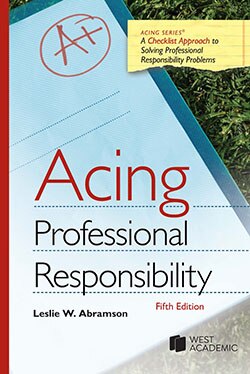 Mastering Corporations and Other Business Entities (eBook - 2nd ed.)
by
Lee Harris
Mastering Corporations and Other Business Entities (eBook - 2nd ed.)
by
Lee Harris
 Mastering Constitutional Law
by
John C. Knechtle; Christopher J. Roederer
This book covers the essential elements of constitutional law in a condensed framework. This book's concise, up-to-date, user-friendly approach is refreshing. Whether students are studying for constitutional law exams or the bar exam, this book offers a highly readable yet thorough coverage of the subject. Each chapter begins with a simple roadmap alerting the reader to the direction of the chapter. The chapter naturally unfolds according to that plan and then ends with a list of checkpoints that summarize the chapter in pithy phrases. The book ends with a complete outline for constitutional law, a great study aid.
This book is part of the Carolina Academic Press Mastering Series edited by Russell L. Weaver, University of Louisville School of Law.
Mastering Constitutional Law
by
John C. Knechtle; Christopher J. Roederer
This book covers the essential elements of constitutional law in a condensed framework. This book's concise, up-to-date, user-friendly approach is refreshing. Whether students are studying for constitutional law exams or the bar exam, this book offers a highly readable yet thorough coverage of the subject. Each chapter begins with a simple roadmap alerting the reader to the direction of the chapter. The chapter naturally unfolds according to that plan and then ends with a list of checkpoints that summarize the chapter in pithy phrases. The book ends with a complete outline for constitutional law, a great study aid.
This book is part of the Carolina Academic Press Mastering Series edited by Russell L. Weaver, University of Louisville School of Law.
Log in with the number that is on the front of your University I.D. card.
 Mastering Constitutional Law (eBook - 2nd ed.)
Mastering Constitutional Law (eBook - 2nd ed.)
Log in with the number that is on the front of your University I.D. card.
 Understanding Criminal Procedure Volume 1: Investigation (eBook - 8th ed.)
Understanding Criminal Procedure Volume 1: Investigation (eBook - 8th ed.)
 Understanding Evidence (ebook - 6th ed)
Understanding Evidence (ebook - 6th ed)
 Acing Professional Responsibility (5th ed.)
by
Leslie Abramson
Acing Professional Responsibility (5th ed.)
by
Leslie Abramson
Log in with the number that is on the front of your University I.D. card.
 Mastering Professional Responsibility (eBook - 2nd ed.)
Mastering Professional Responsibility (eBook - 2nd ed.)
 Understanding Lawyers' Ethics (eBook - 6th ed.)
Understanding Lawyers' Ethics (eBook - 6th ed.)